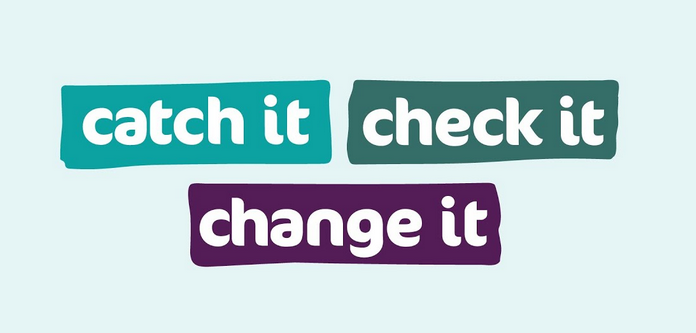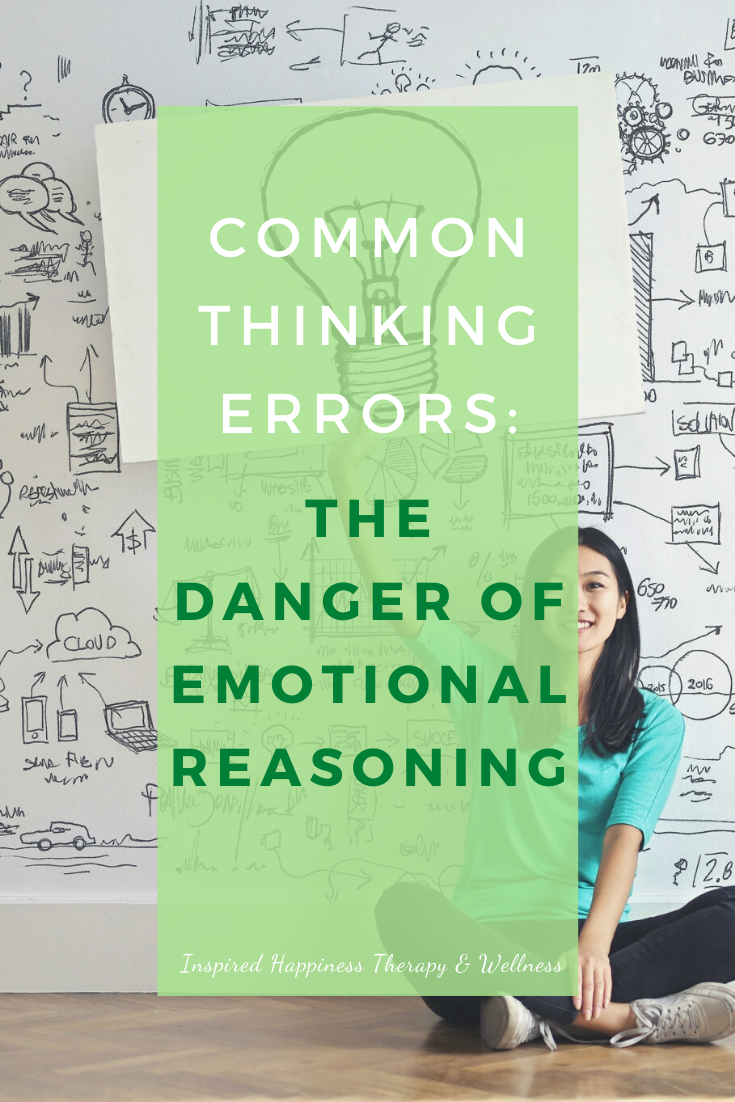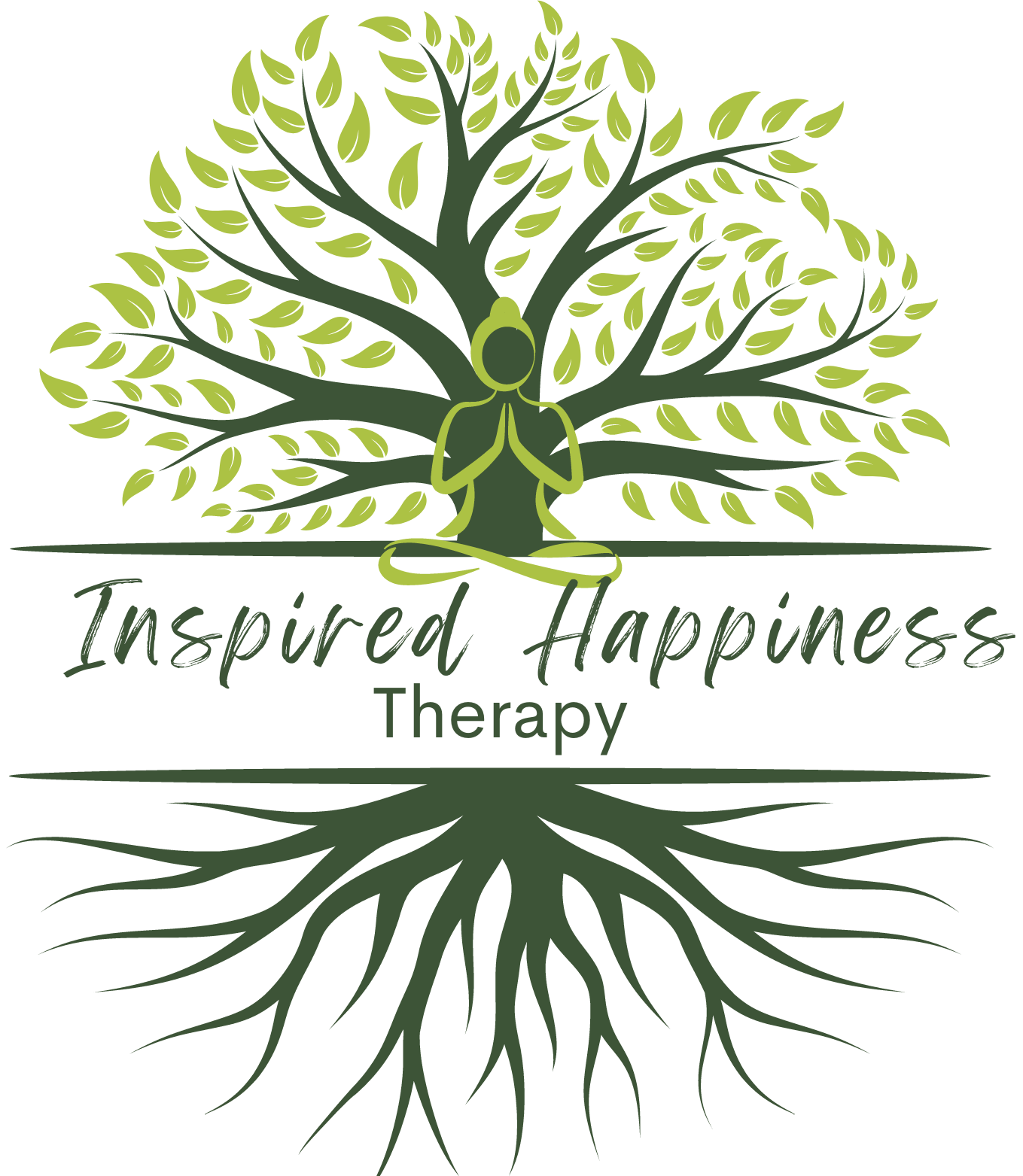
Cognitive Distortion Series
In this series of blog posts I am going to cover common cognitive distortions aka problem thinking or thinking errors.
The way that we think affects our world more than we usually realize.
These common thinking errors seem simple but they are actually difficult to change. Often, we have certain ways of thinking we default to. If one doesn’t resonate with you, another one might.
The Danger of Emotional Reasoning
Emotional reasoning is a thinking error where we mistake our feelings as a sign that something is right or wrong. This is not the same as intuition but it might be confused with intuition if we are not careful.
“The primary cause of unhappiness is never the situation, but you thoughts about it. Be aware of the thoughts you are thinking.”
―
When we use emotional reasoning, we confuse our feelings with facts. We assume that because we feel one way, it must be true. Here are some examples of emotional reasoning:
What We Feel Is How/Who We Are
I feel like a loser, therefore I must be a loser.
I feel like I am fat so I must be overweight.
I must not have a achieved enough because I feel like I should be more accomplished in my career by now.
We Use Feelings as “Proof”
I feel like no one cares about me so that is a sign that no one cares.
No one wants to date me so I guess I am unlovable.
I feel like my boyfriend/girlfriend is mad at me so they must be angry.
I am feeling jealous so my partner must be cheating on me.
Our Feelings Are An Excuse
I am angry at my mother so she must deserve it.
I feel like a failure so I just won’t try, I’ll just keep failing.
I’m feeling guilty so I must have done something wrong.
Confusing a Feeling With a Sign
I have a bad feeling about this party so I should not go, something bad will happen if I do.
I am scared of moving so that is a sign I need to stay where I am.
I distrust my partner so that is a sign that he or she is not trustworthy.
I am unhappy so God must want me to be unhappy.
Feelings Are Not Facts
Many of my clients have left my office with a post-it note that says: “Feelings are not facts.”
I give them the note to post someplace they will be reminded of it. I’ve had clients tell me they have put it on their refrigerator or bedroom mirror.
Just because we feel something, it doesn’t make it true. A feeling is an opportunity to take a step back and notice what is going on. Then, we can make a rational decision about what is happening.

Why Is Emotional Reasoning
an Issue?
Emotional Reasoning is a problem because when we allow our feelings to tell us what is happening and how to behave, we often react in ways that alienate the people around us. It also gives people fuel to say that we are “overly emotional” “over-sensitive” or “overreacting.” It can lead us to blame our friends and loved ones for our feelings and moods even though we are the only ones responsible for how we feel.
Those that tend toward emotional reasoning are likely to have mood disorders such as depression and anxiety. They may also self sabotage without meaning to. If you have the strong feeling that your partner is lying to you, you might seek to prove it and end up damaging the relationship. You might decide not to take a trip because you have a “gut feeling” that something bad will happen and you become convinced the plane will crash. While it might not seem like it, these behaviors are self-sabotage.

“If our thinking gets bogged down by distorted symbolic meanings, illogical reasoning, and erroneous interpretations, we truly become blind and deaf.”
– Aaron Beck, the “father” of Cognitive Behavioral Therapy
Intuition vs Emotional Reasoning
Intuition is a “gut feeling” that protects us or lets us know that there’s something more beyond what we are picking up. If you are attempting to decide whether or not you are feeling intuition vs emotional reasoning, ask yourself what is underlying the feeling. Are you having trouble trusting because you have been lied to in the past? Is something reminding you of another experience that is causing feelings you are mistaking for intuition?
Intuition is best used in situations where there is a risk to your safety, such as “that dark alley looks dangerous, I think I’ll walk around the block instead” or “that person outside gives me a weird feeling, I think I should find a coworker to walk to my car with me.”

Overcoming Emotional Reasoning
If you find that you are prone to emotional reasoning, the best way to overcome it to take a step back and examine a situation before reacting. Ask yourself “does this situation remind me of something from the past?” If so, ask yourself if your reaction is due to the past not the current situation. For example, if you had an ex who cheated and would get text messages from other people, your current partner getting a text message might make you feel angry or insecure but that feeling is not about your current partner.
If your feelings are assumptions about yourself, “I’m a loser” or “I’m not lovable” try to find proof that the thought accompanying the feeling is not true. This is also known as the examine the evidence technique. What proof do you have that you are not a loser? Who can you think of that does love you? Don’t make excuses like “Well my sister loves me but she’s the only one…” Unlovable is unlovable. Any evidence you have to prove these feelings and thoughts wrong is evidence of emotional reasoning.
In the case of bad feelings when traveling due to an accident or difficulty trusting because of past trauma, you might want to consider seeing a professional counselor or therapist to help you work on combating thinking errors. It’s not easy to make changes in the moment and a therapist can help point out when you might not be thinking accurately.
Whenever you are trying to combat a thinking error, remember Catch it -> check it -> change it. First you need to catch the cognitive distortion. You check it against reality and then if it is inaccurate, you change it. This is essentially the way cognitive behavioral therapy works. No matter what thinking error you a working on, whether it’s emotional reasoning or another that you tend toward, Catch it Check it Change it will help you to change your thoughts and feelings that accompany those thoughts.

“Feelings feel true because they are experienced so strongly. But they can be fickle and temporary. A change in perspective, the garnishing of new information or just a change of heart can make what was highly troubling into something worth less suffering.”
–
Did you like this post? Use the buttons below to share it on social media! Sharing helps others to find the blog.


Stacey Aldridge, LCSW
Stacey is a therapist in private practice and the owner of Inspired Happiness Therapy and Wellness in Ridgeland, MS. If you are in the state of Mississippi and are interested in seeing Stacey for therapy, please visit the Appointments page.

Sources
What’s “Emotional Reasoning”—And Why Is It Such a Problem? by Leon F Seltzer Ph.D.
The Blunder of Emotional Reasoning by Rudairo Segbeaya, Pacific CBT
15 Common Cognitive Distortions by Psychology Today
Emotional Reasoning, When Emotions Cloud our Thinking from Exploring Your Mind

